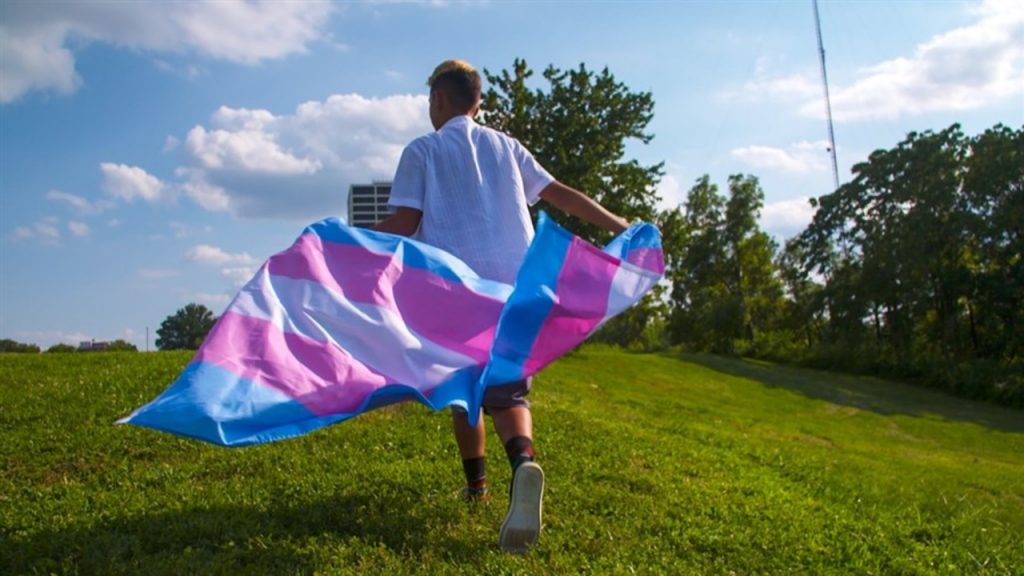Study Says Use Of Puberty Blockers Increases Teen Suicide
A new research publication says that teens are more likely to commit suicide if they are given puberty blockers to transition sexes.

All across conservative news outlets today, there is talk of puberty blockers and new scientific research proving that they are harmful, and increasing rates of suicide among teens. This news comes at a pertinent time, when tensions across the country are rising over transgender debates at the school level. But while many Americans are applauding this finding in the battle to take away children ability’s to go through sex changes, some are decrying the study, alegging that it’s painting a biased, false narrative.
The study in question was published and conducted by the Heritage Foundation, a conservative think tank. Senior Fellow Jay Greene conducted the research and concluded that the use of puberty blockers in teens was increasing suicide among them. To this, Greene points to the alarming rate of increase found in youth looking to transition sexes.
The research correlated the increase of widespread availability of puberty blockers in certain states, where a heightened level of suicide rates in teens was also found. The publication stated that by 2020, there were around 1.6 more suicides per 100,000 youth aged 12 to 23 in states that allowed them to access puberty blockers without parental consent. Because of this, Greene concludes that without parent intervention, transgender youth undergoing such treatments are more likely to commit suicide.
While technically factual, some people are outraged with the Heritage Foundation’s allegations. The Hill writes that advocates, along with medical professionals are debunking the claims against puberty blockers, saying it is part of a political push. The claim is that the study is flawed and misleading.
Jack Turban, a child psychiatrist and fellow at Stanford University is one such expert saying this. He noted that the Heritage Foundation failed to submit the research for peer review and likely did so on purpose. Furthermore, he said that by correlating an increase in suicide to the use of puberty blockers is deceptive, as it fails to address other possible rises for rates of suicide among children.
The problem many people see with this finding is that it fails to acknowledge research showing that transgender youth, in general, are prone to a higher tendency of mental health issues and suicide. They say that this in no way proves that these puberty blocker drugs are causing increased suicide rates. Still, many lawmakers, and families are in agreeance and feel that no youth should be given access to these hormonal treatments.

Some states are looking to further restrict teens from receiving puberty blockers, even with parental consent. Earlier this year, Texas Gov. Greg Abbott called on state agencies to investigate parents, doctors, and educators believed to be promoting this, asking them to coin the practice as child abuse. In Florida, the state’s health department issues new guidance this spring stating that children under 18 should be prohibited from receiving any form of gender-affirming care.
More states are likely to follow this trend, and the debate over the use of puberty blockers in teens will likely rage on for years to come. Despite all the research, the contention over this topic is led by passionate advocates on both sides of the fence. Furthermore, personal views make it hard to flesh out the truth from bias.







